Dirt Contractors Macon
Find Dirt Contractors in Macon
Get multiple Dirt Contractors quotes for your project today! Compare profiles, reviews, accreditations, portfolio, etc... and choose the best offer.
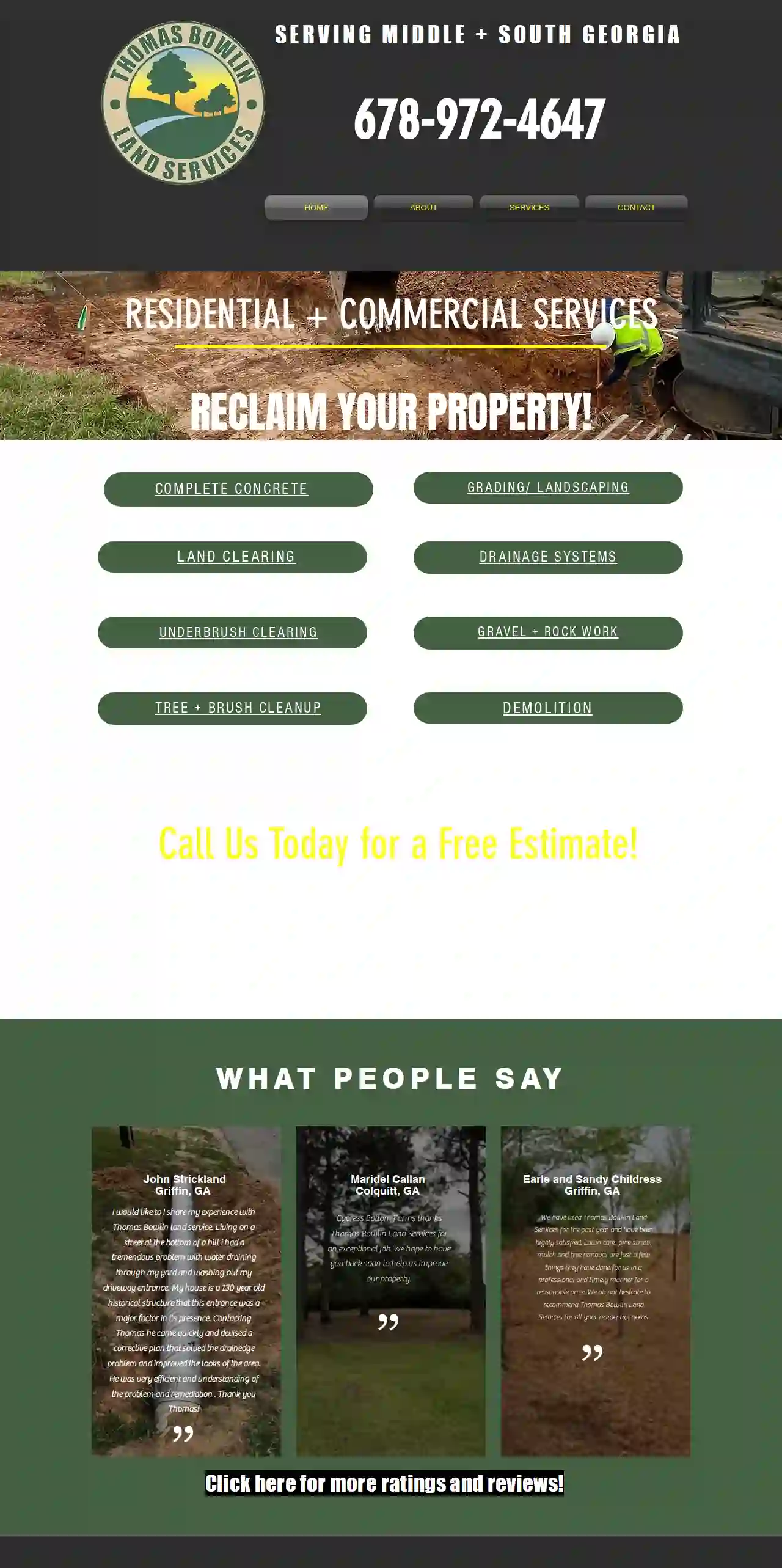
Thomas Bowlin Land Services
4.58 reviewsMacon, USReclaim Your Property! Thomas Bowlin Land Services is a trusted and reliable company serving Middle and South Georgia. We specialize in a wide range of residential and commercial services, including: Complete Concrete Grading/Landscaping Land Clearing Drainage Systems Underbrush Clearing Gravel + Rock Work Tree + Brush Cleanup Demolition Our team is dedicated to providing high-quality workmanship and exceptional customer service. We are committed to exceeding your expectations and delivering results that you can be proud of. Contact us today for a free estimate!
- Services
- Why Us?
- Testimonials
- Gallery
Get Quote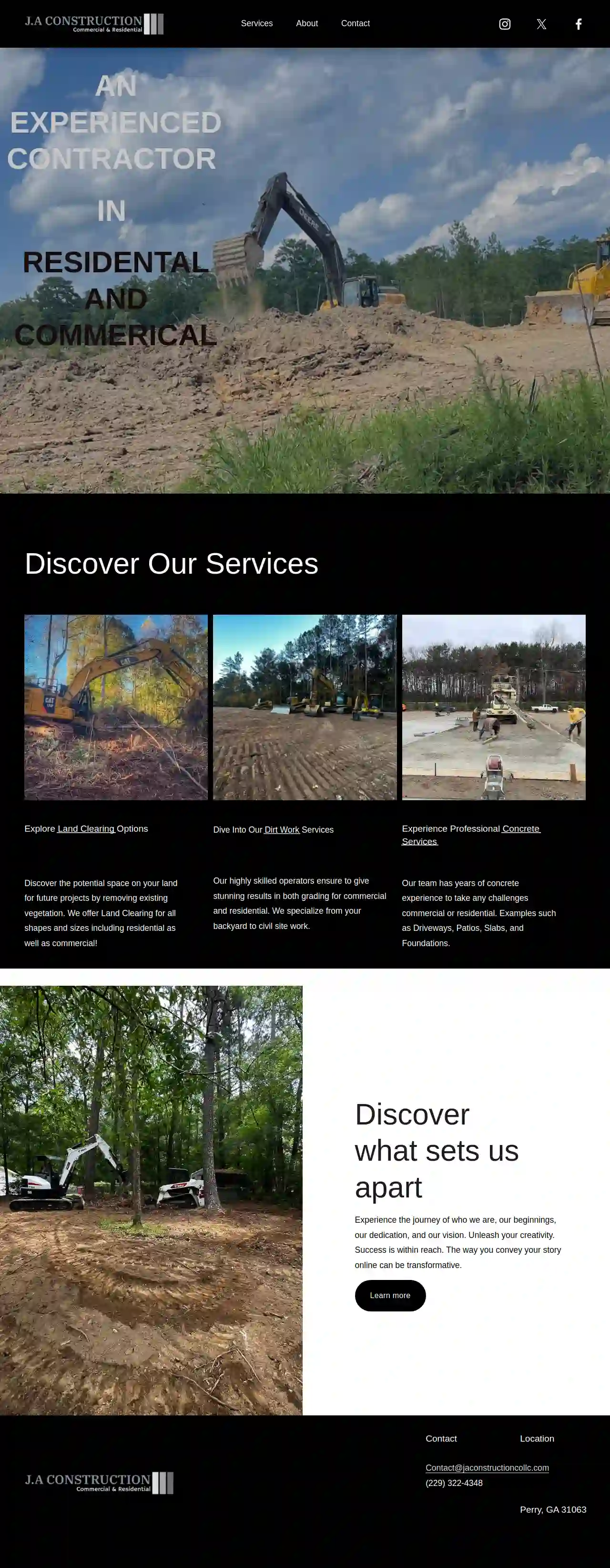
J.A Construction
510 reviewsPerry, 31063, USWelcome to J.A Construction Discover our exceptional services and craftsmanship. Our team is trained and disciplined to give customers the best of the best. We are dedicated to providing top-notch quality and satisfaction to our clients. Book your appointment today and let us bring your vision to life.Transform your space with J.A Construction - where expertise meets excellence.
- Services
- Why Us?
- Gallery
Get Quote
Marsh Clearing and Excavation
53 reviewsButler, 31006, USMatthew Marsh- Owner/Operator A Local Expert Committed to Excellence Matthew and his wife, Maddie, have been married for 8 years. They have a 6-year-old son named Jaxton (he's a great helper by the way!). As a loving husband and father, Matthew takes great pride in what he does. Matthew brings ample experience to you with Marsh Clearing and Excavation! He has over 19 years of experience in land clearing, grading, waterline systems, storm drain lines, pond and lake installation (including extensive water services), copper line services, equipment operation, loading and transporting dirt and rock, erosion control, digging hazard materials, as well as many years in industrial mechanic operations. With a well-rounded history in business, we assure you that you've chosen the right company for the job.
- Services
- Why Us?
- Our Team
- Testimonials
- Gallery
Get Quote- C.
C.R.A grading & erosion solutions LLC
52 reviewsMacon, US- Services
- Why Us?
- Gallery
Get Quote 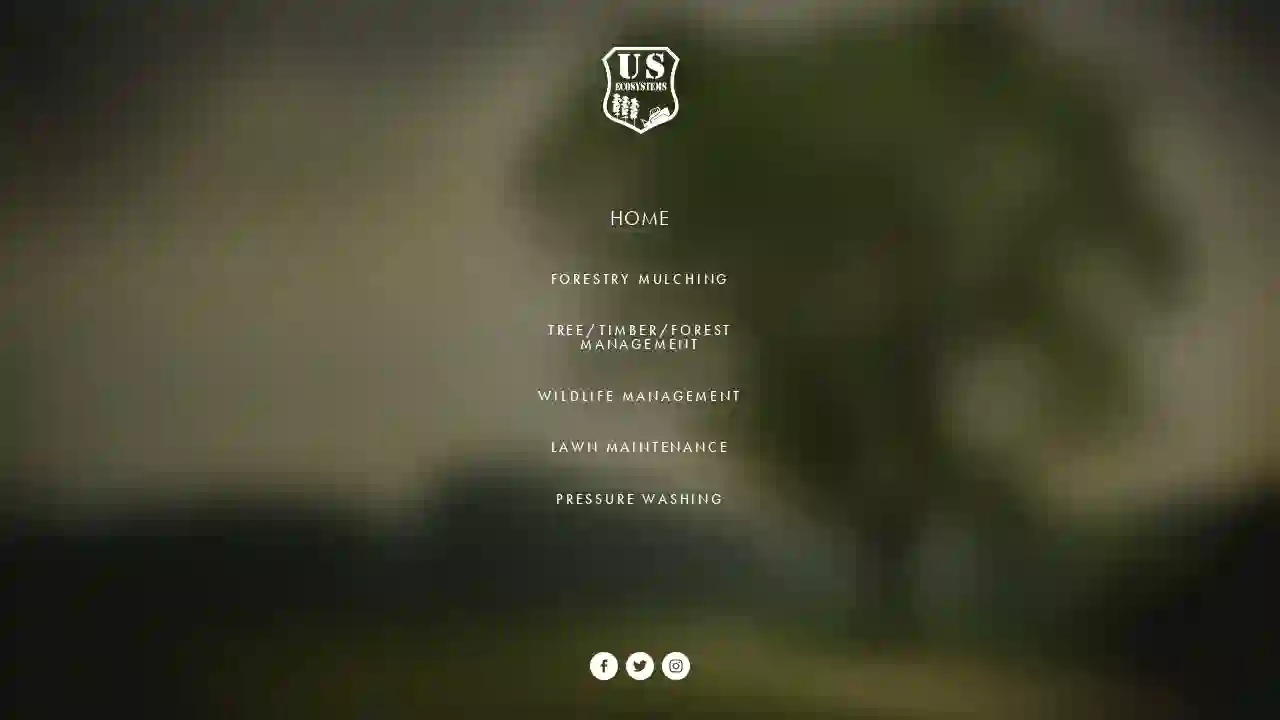
U.S. Ecosystems LLC
132 Colbert Elm School Rd, Colbert, 30628, USU.S. Ecosystems is a full-service forestry and land management company serving residential and commercial clients in the Southeast. We offer a wide range of services, including forestry mulching, wildlife management, tree/timber/forest management, stream management, lawn maintenance, and pressure washing. We are committed to providing our clients with the highest quality services and are dedicated to protecting the environment. We are a family-owned and operated business with over 15 years of experience in the industry. We are fully insured and bonded and are committed to providing our clients with the highest level of service and satisfaction. Our team of experienced professionals is dedicated to providing our clients with the best possible service. We are committed to working with our clients to develop customized solutions that meet their specific needs. We are also committed to using environmentally friendly practices whenever possible. We are proud to be a part of the community and are committed to giving back. We are active members of the local Chamber of Commerce and are involved in a number of community organizations. We are also committed to supporting local businesses and organizations.
- Services
- Why Us?
- Gallery
Get Quote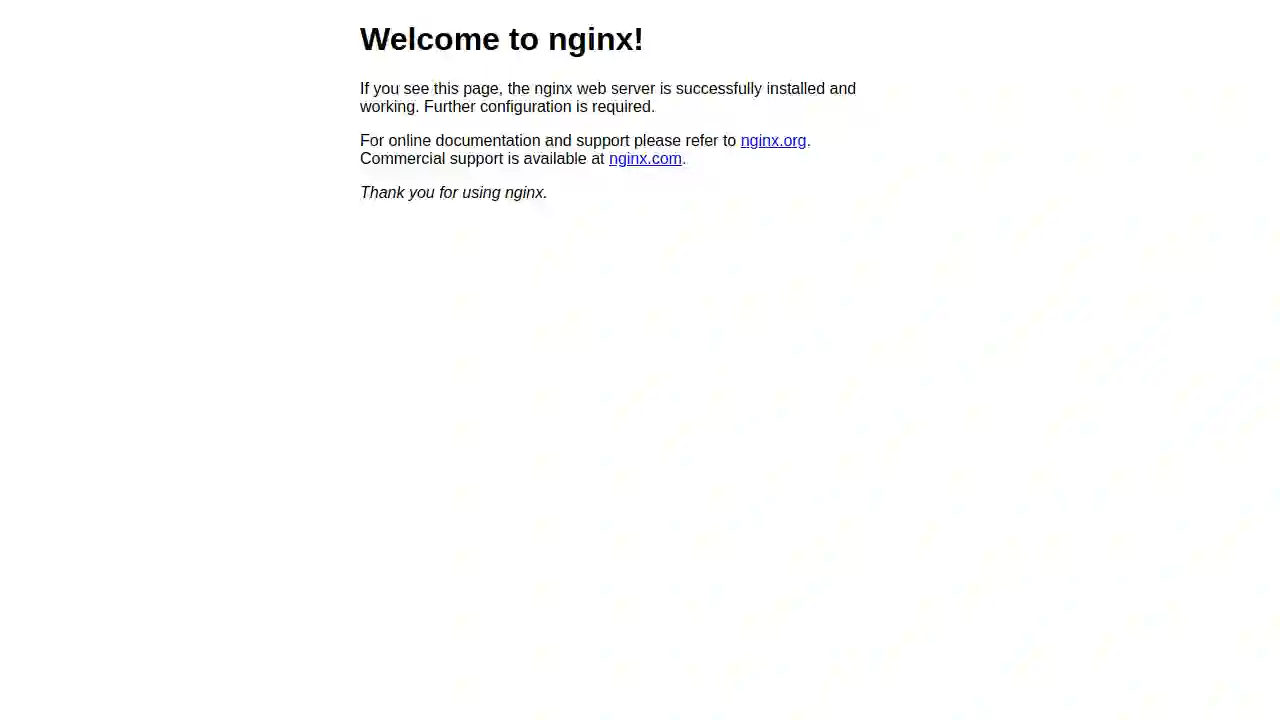
Thomas Comer Grading
1Macon, USWe are unable to provide a long description for this business as the website does not contain sufficient information. The website primarily focuses on showcasing business listings and does not offer detailed information about individual businesses.
- Services
- Why Us?
Get Quote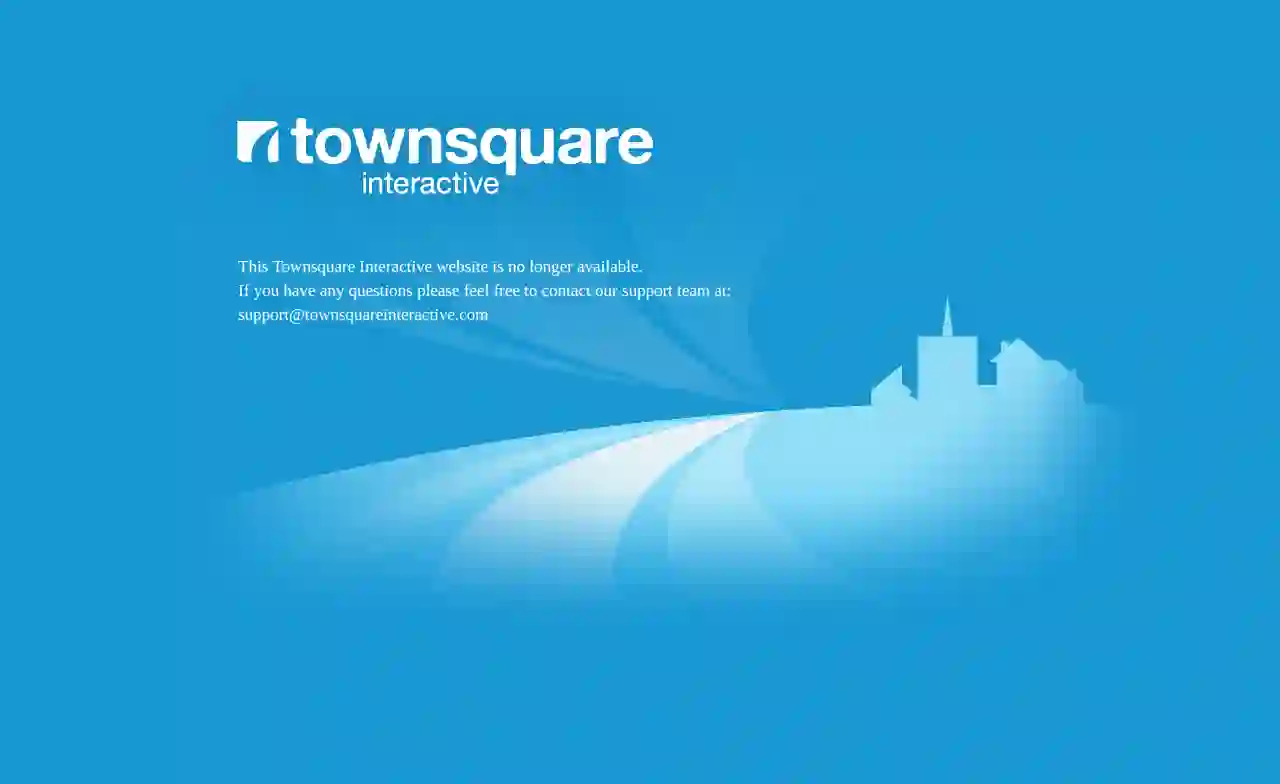
Dotson Land Management
54 reviewsMacon, USThis Townsquare Interactive website is no longer available. If you have any questions please feel free to contact our support team at: [email protected]
- Services
- Why Us?
- Gallery
Get Quote
Prim Industrial Contractor Inc
4.718 reviewsMacon, US- Services
- Why Us?
Get Quote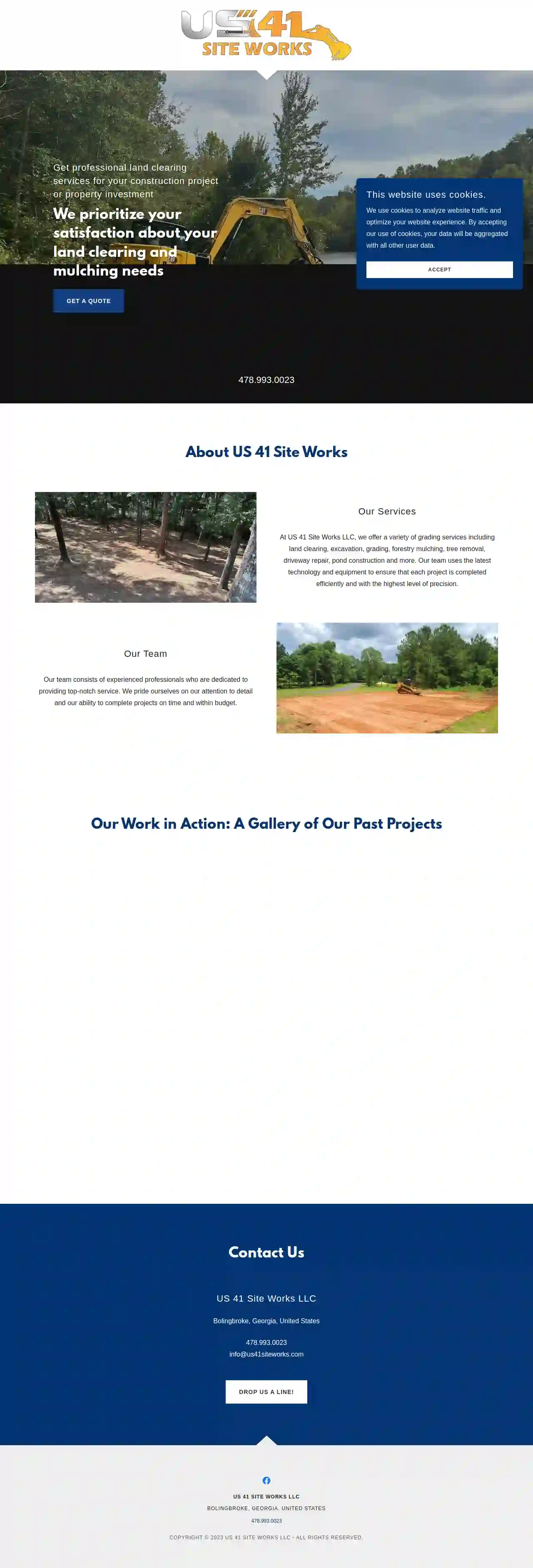
US 41 Site Works LLC
58 reviewsMacon, US- Services
- Why Us?
Get Quote
Over 3,943+ Excavation Businesses on our directory
Our excavation pros operate in Macon and surroundings!
ExcavationHQ has curated and vetted Top Excavation Contractors arround Macon. Find a trustworthy business today.
Frequently Asked Questions About Dirt Contractors
- Erosion Control: Implement measures to prevent soil erosion during and after excavation, grading, or dirt removal. This includes using silt fences, erosion control blankets, or planting vegetation to stabilize the soil.
- Soil Conservation: Preserve existing topsoil whenever possible, as it's a valuable resource for plant growth. Strip and stockpile topsoil separately for reuse in landscaping or gardening.
- Responsible Waste Management: Dispose of excess dirt, debris, and contaminated soil responsibly at designated facilities. Recycle materials whenever possible to reduce waste sent to landfills.
- Dust Control: Minimize dust generation during excavation and hauling by using water sprays, misting systems, or other dust suppression techniques.
- Noise Reduction: Use noise-reducing equipment and schedule noisy activities during permitted hours to minimize disturbance to neighbors and wildlife.
- Project Scope: The size and complexity of the project, including the volume of dirt to be moved, the distance for hauling, and the type of services required.
- Dirt Type: Different dirt types have varying costs based on availability and demand. Topsoil is typically more expensive than fill dirt.
- Location: Costs may differ depending on the contractor's location and the accessibility of the project site.
- Equipment Needed: Specialized equipment, such as excavators, bulldozers, or dump trucks, can influence the overall cost.
- Labor Costs: The number of workers and their hourly rates will affect the labor portion of the cost.
What are the environmental considerations for dirt contracting?
How much does it cost to hire a dirt contractor?
What is the difference between screened topsoil and unscreened topsoil?
Screened Topsoil: Processed through a screening machine to remove large debris, rocks, and clumps, resulting in a finer and more uniform texture. It's generally considered higher quality and is preferred for landscaping, gardening, and lawn establishment.
Unscreened Topsoil: Not processed through a screening machine and may contain various sizes of debris, rocks, and clumps. It's typically less expensive than screened topsoil but may require additional work to remove debris before use.
Choosing between screened and unscreened topsoil depends on your project's specific needs and budget.
What is the difference between topsoil and fill dirt?
Topsoil: The uppermost layer of soil, characterized by its rich organic matter content, nutrients, and dark color. It's essential for supporting plant growth and is commonly used for gardening, landscaping, and lawn establishment.
Fill Dirt: Primarily composed of subsoil or excavated materials, generally lacking the organic matter and nutrients found in topsoil. It's typically less fertile and used for structural purposes, such as filling in low areas, leveling ground, or creating raised beds.
Understanding the difference between topsoil and fill dirt is crucial for choosing the appropriate soil type for your specific project needs.
What are the environmental considerations for dirt contracting?
- Erosion Control: Implement measures to prevent soil erosion during and after excavation, grading, or dirt removal. This includes using silt fences, erosion control blankets, or planting vegetation to stabilize the soil.
- Soil Conservation: Preserve existing topsoil whenever possible, as it's a valuable resource for plant growth. Strip and stockpile topsoil separately for reuse in landscaping or gardening.
- Responsible Waste Management: Dispose of excess dirt, debris, and contaminated soil responsibly at designated facilities. Recycle materials whenever possible to reduce waste sent to landfills.
- Dust Control: Minimize dust generation during excavation and hauling by using water sprays, misting systems, or other dust suppression techniques.
- Noise Reduction: Use noise-reducing equipment and schedule noisy activities during permitted hours to minimize disturbance to neighbors and wildlife.
How much does it cost to hire a dirt contractor?
- Project Scope: The size and complexity of the project, including the volume of dirt to be moved, the distance for hauling, and the type of services required.
- Dirt Type: Different dirt types have varying costs based on availability and demand. Topsoil is typically more expensive than fill dirt.
- Location: Costs may differ depending on the contractor's location and the accessibility of the project site.
- Equipment Needed: Specialized equipment, such as excavators, bulldozers, or dump trucks, can influence the overall cost.
- Labor Costs: The number of workers and their hourly rates will affect the labor portion of the cost.
What is the difference between screened topsoil and unscreened topsoil?
Screened Topsoil: Processed through a screening machine to remove large debris, rocks, and clumps, resulting in a finer and more uniform texture. It's generally considered higher quality and is preferred for landscaping, gardening, and lawn establishment.
Unscreened Topsoil: Not processed through a screening machine and may contain various sizes of debris, rocks, and clumps. It's typically less expensive than screened topsoil but may require additional work to remove debris before use.
Choosing between screened and unscreened topsoil depends on your project's specific needs and budget.
What is the difference between topsoil and fill dirt?
Topsoil: The uppermost layer of soil, characterized by its rich organic matter content, nutrients, and dark color. It's essential for supporting plant growth and is commonly used for gardening, landscaping, and lawn establishment.
Fill Dirt: Primarily composed of subsoil or excavated materials, generally lacking the organic matter and nutrients found in topsoil. It's typically less fertile and used for structural purposes, such as filling in low areas, leveling ground, or creating raised beds.
Understanding the difference between topsoil and fill dirt is crucial for choosing the appropriate soil type for your specific project needs.